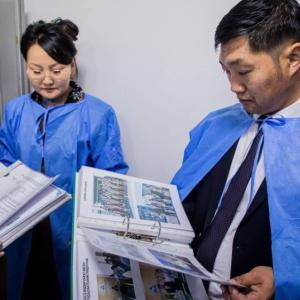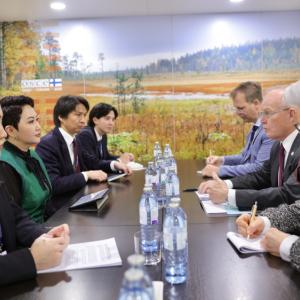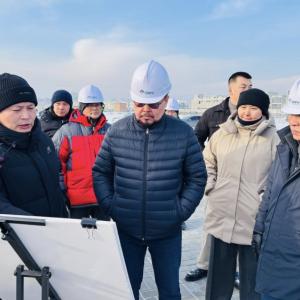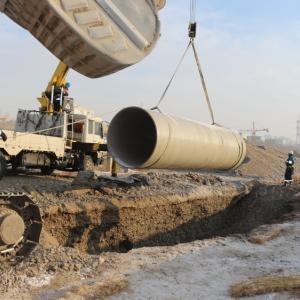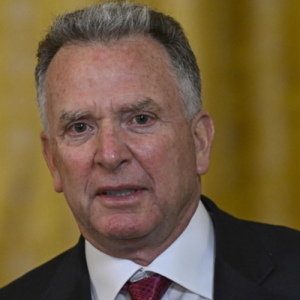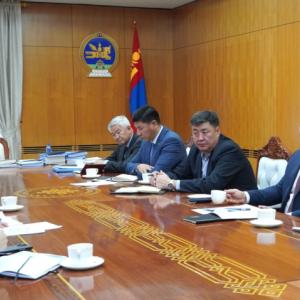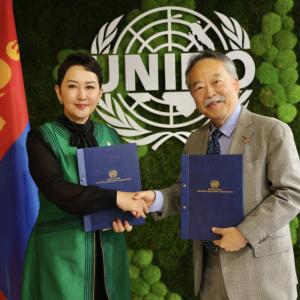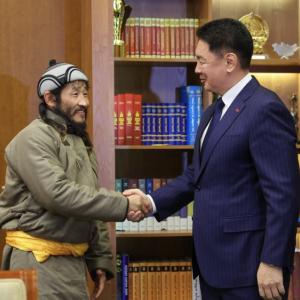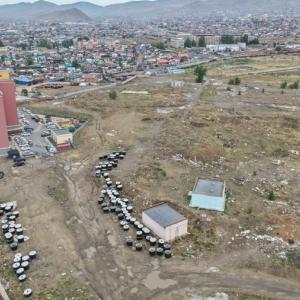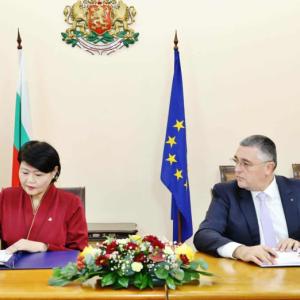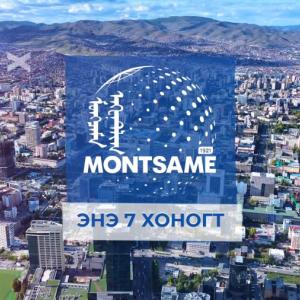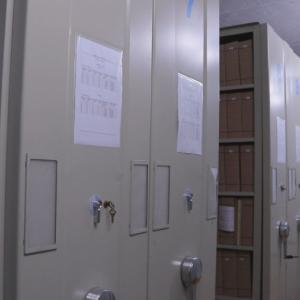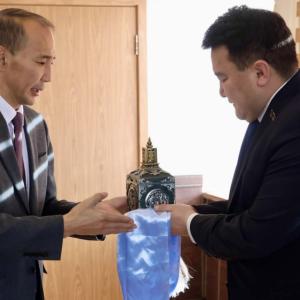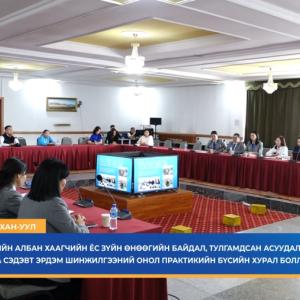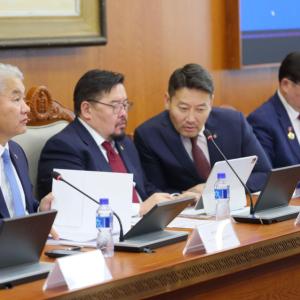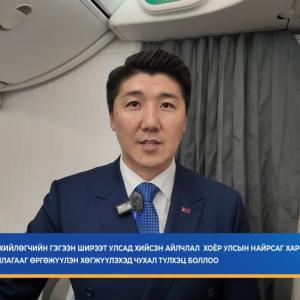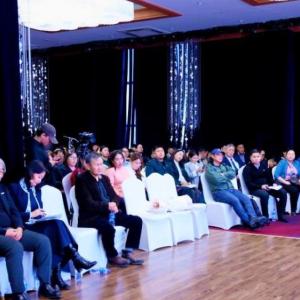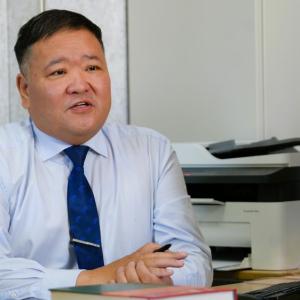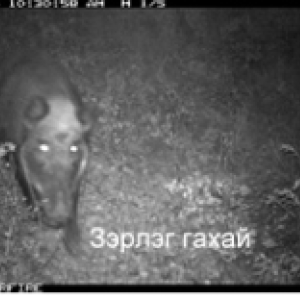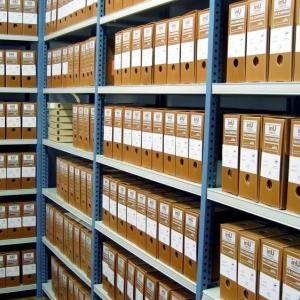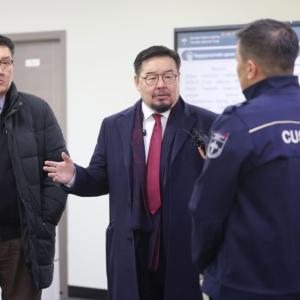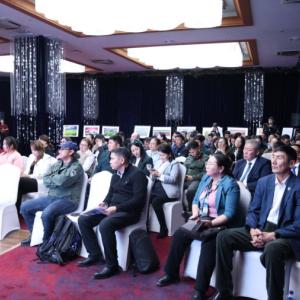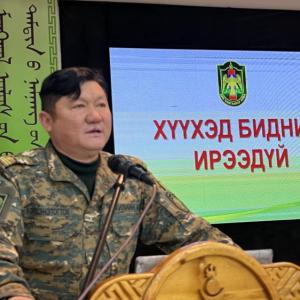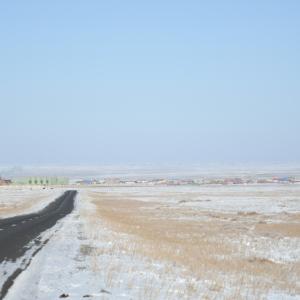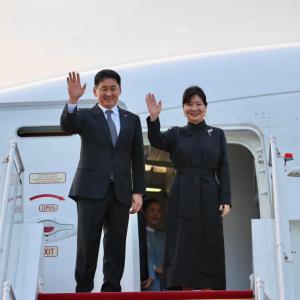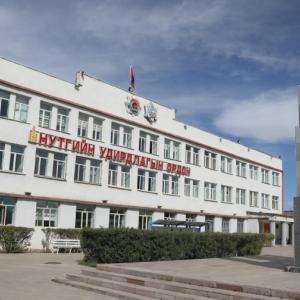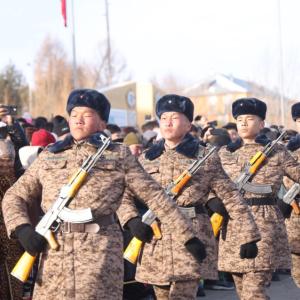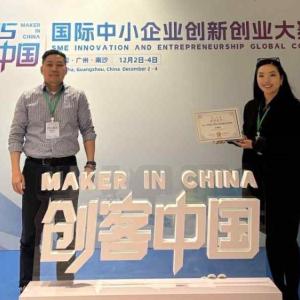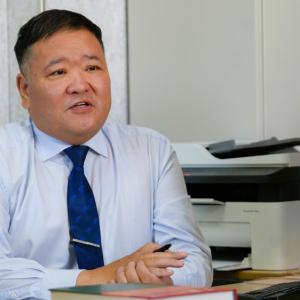Asian Development Bank Projects Yielding Positive Results in Selenge Aimag
Society
Ulaanbaatar, December 12, 2024 /MONTSAME/. The MONTSAME National News Agency visited Selenge aimag on November 13-15, 2024, to tour the projects funded by the Asian Development Bank (ADB).
Central Hospital of Selenge Aimag
As part of the Fifth Health Sector Development Project, successfully implemented by the Ministry of Health of Mongolia with funding and technical assistance from the Asian Development Bank (ADB), the Central Hospital of Selenge Aimag has undergone significant upgrades. These enhancements include improvements in safe blood transfusion practices, medical waste management, and hospital hygiene and infection prevention measures.
Safe blood transfusion: Blood transfusion is critical for medical procedures such as treating injuries with significant blood loss, supporting childbirth, and conducting surgeries. Previously, blood was frozen in commercial refrigerators and thawed using warm water. With the new upgrades, the hospital now employs modern refrigeration units and purpose-built heaters for thawing. Additionally, specialized equipment has been introduced to process various blood products, including whole blood, blood components, and plasma-derived medicinal products. These improvements enable the Central Hospital of Selenge aimag to provide tailored blood products to meet the specific needs of the soum hospitals in the region.
Medical waste management: In the past, medical waste was chopped up and burned. Today, the hospital uses specialized equipment to safely process waste such as used needles, test kits, and bandages, ensuring it can be disposed of at local waste facilities. During the COVID-19 pandemic, this upgraded facility played a critical role, operating nearly nonstop to handle the large volume of test kits for months, especially due to its proximity to the border.
Hospital hygiene and infection prevention: The hospital has also introduced advanced equipment to detect infections, allowing for more effective outbreak control and rapid response. New medical tools now enable the study of antibiotic-resistant bacteria, facilitating the development of targeted antibiotics. Furthermore, the hospital has replaced the use of hazardous gases for sterilization with modern apparatus designed to safely and efficiently sterilize medical equipment and surgical tools.

Temporary Shelter in Selenge Aimag
The Temporary Shelter in Selenge aimag was established under the USD 3 million grant-funded project “Combating Domestic Violence Against Women and Children.” The USD 1 million grant-funded project was adopted on August 24, 2021, and later implemented on October 8, 2022, with the final disbursement completed on December 31, 2023. The total project funding amounted to USD 4.24 million, including USD 4 million provided by the Japan Fund for Prosperous and Resilient Asia and the Pacific (JFPR) administered by the Asian Development Bank and an additional USD 240,000 contributed by the Government of Mongolia.
A temporary shelter in Selenge Aimag was renovated and designated as one of the five shelters. Operational since October 2023, the temporary shelter includes seven beds, with the supervision of ten shelter staff, and offers 24/7 services to victims. Citizens can directly visit the shelter or contact the emergency helpline to seek assistance.

Farming Cooperatives
As part of a project funded by the Asian Development Bank (ADB), the "Urgats-Yuruu" farmer cooperative has expanded its operations to include vegetable cultivation, as well as the production of jams and pickles. The cooperative supplies fresh produce to supermarket chains and sells tomatoes under the brand name "Jimsuukhei" to "E-mart."
With ADB funding, the cooperative has constructed a greenhouse, enabling year-round vegetable production, and built a storage facility for crops such as potatoes, carrots, and onions. By working collectively, the cooperative can set fairer prices for their products and secure higher incomes, compared to individually selling their crops through exchanges.



 Улаанбаатар
Улаанбаатар







